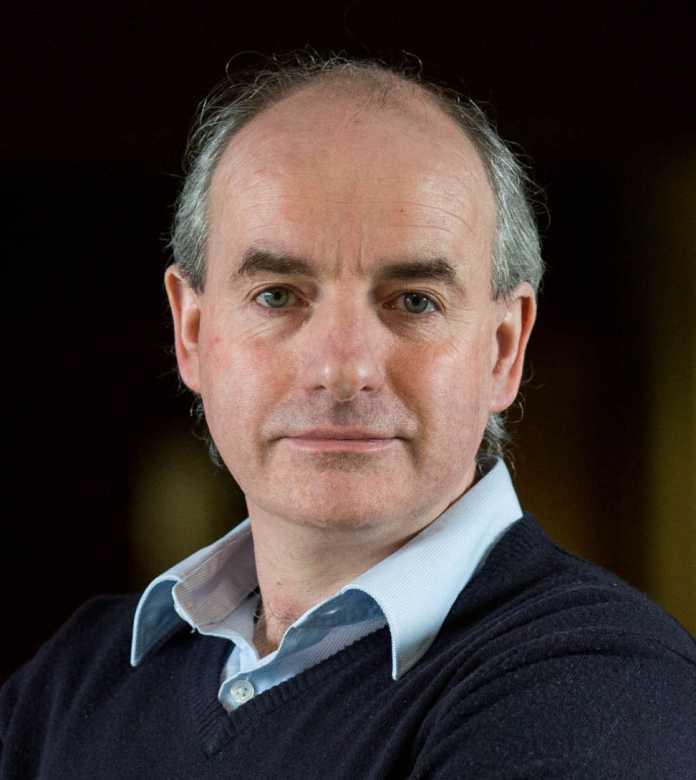
MIGRANT and human rights organisation Doras is calling on the Irish government to voice their opposition to sea patrols, offshore detention of refugees, and troops on French beaches in response to the tragic deaths of 27 people in the English Channel last week.
Instead, they have called for more coordinated and timely efforts to provide safe routes for people in need of international protection.
John Lannon, CEO of Limerick-based organisation Doras commented: “The desperation that drove the people who died to undertake such a perilous journey in small, dangerous boats highlights once again what a hostile environment Europe has become for people seeking safety and protection.
“It’s not just the English Channel; people fleeing from oppression in Afghanistan, Syria and other parts of the world are losing their lives on other European borders, in the Mediterranean, and on the Poland/Belarus border. Having fled from war, persecution and violence, the trauma experienced in their home countries is compounded by violent and life-threatening experiences in Europe, often at the hands of the police.”.
He continued: “The 1951 Refugee Convention was established as a response to the urgent needs of refugees generated by World War II. Twenty years ago, the UN’s Refugee Agency, the UNHCR described it as a timeless treaty under attack.
“This is the case now more than ever, as people are increasingly forced to flee persecution, war and human rights violations and to seek refuge in other countries. Governments have a duty to protect the fundamental rights of all people under their jurisdiction, regardless of their nationality and/or legal status. This includes providing access to asylum procedures.”
According to a recent UK Refugee Council report, 98 per cent of people crossing the English Channel in treacherous conditions claim asylum.
“States have the sovereign power to regulate entry. However, international law provides that measures to this effect cannot prevent people from seeking asylum,” added Mr Lannon.
“Instead of governments looking to apportion blame for the arrival of people who may be in need of international protection, they need to work together to ensure safe routes. There is a range of options open to them, including refugee resettlement, family reunification, and complementary pathways that provide opportunities for refugees to enter and settle in a country through labour mobility, education and other schemes.”
The countries bearing most of the responsibility for refugee protection in recent years have been those least equipped to do so. These include countries like Lebanon, Jordan and Uganda, which are home to millions of refugees.
According to Doras, European countries, including Ireland, can and must do more by providing safe routes for people in need of international protection.
“We look forward to the Afghan Admissions Programme announced by the Irish government in September. However, we are disappointed by the delay in implementing it. We are in daily contact with members of the Afghan community in Ireland who worry constantly about the safety of family members in Afghanistan and neighbouring countries. We should not force them through our inaction to make decisions like the people who died in the English Channel,” revealed Mr Lannon.
He concluded: “Implementing humanitarian admissions schemes can and will undermine those seeking to exploit refugees. In Ireland, the proposed Afghan Admissions Programme will be a welcome start, but given the array of nationalities among those who make perilous journeys seeking refuge, it will still have limited impact. We therefore continue to call for flexible and speedy approaches to international protection applications, as well as visa and family reunification applications, so that family members that may already be stranded along a perilous journey from their home can be given protection.”










